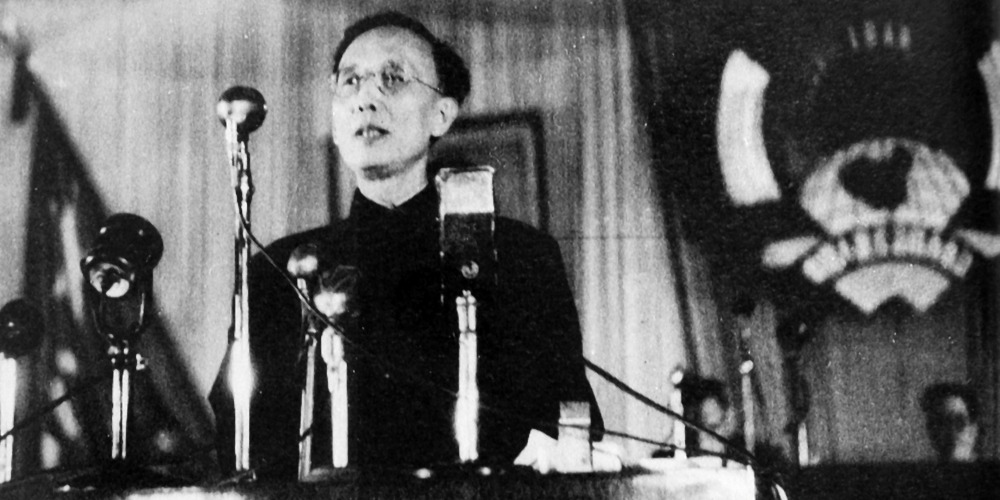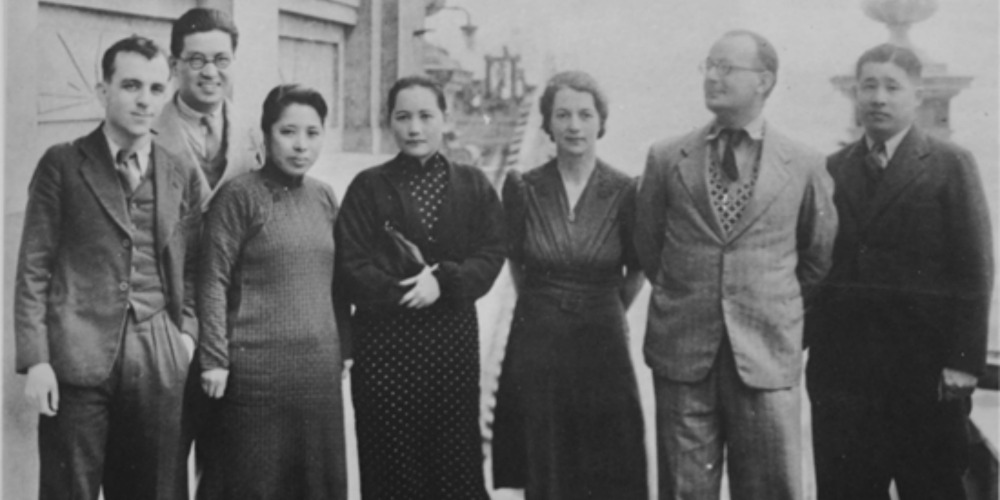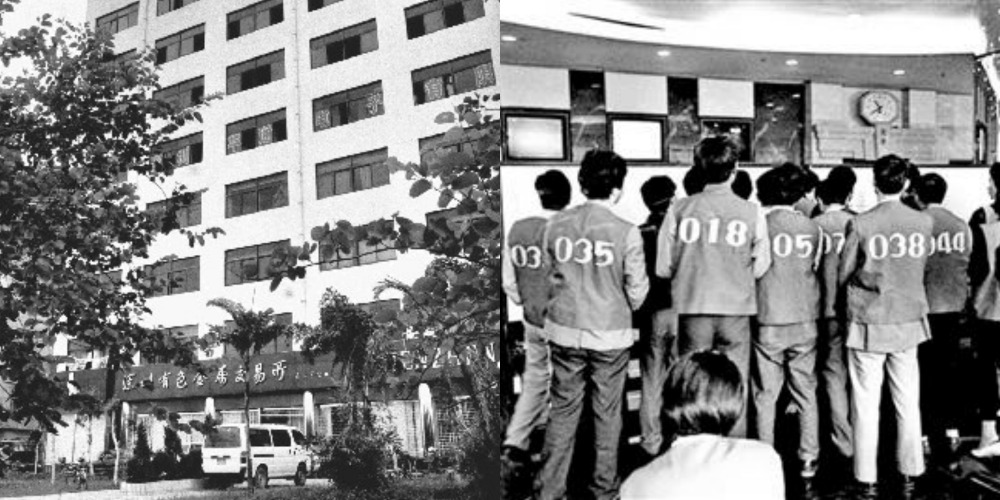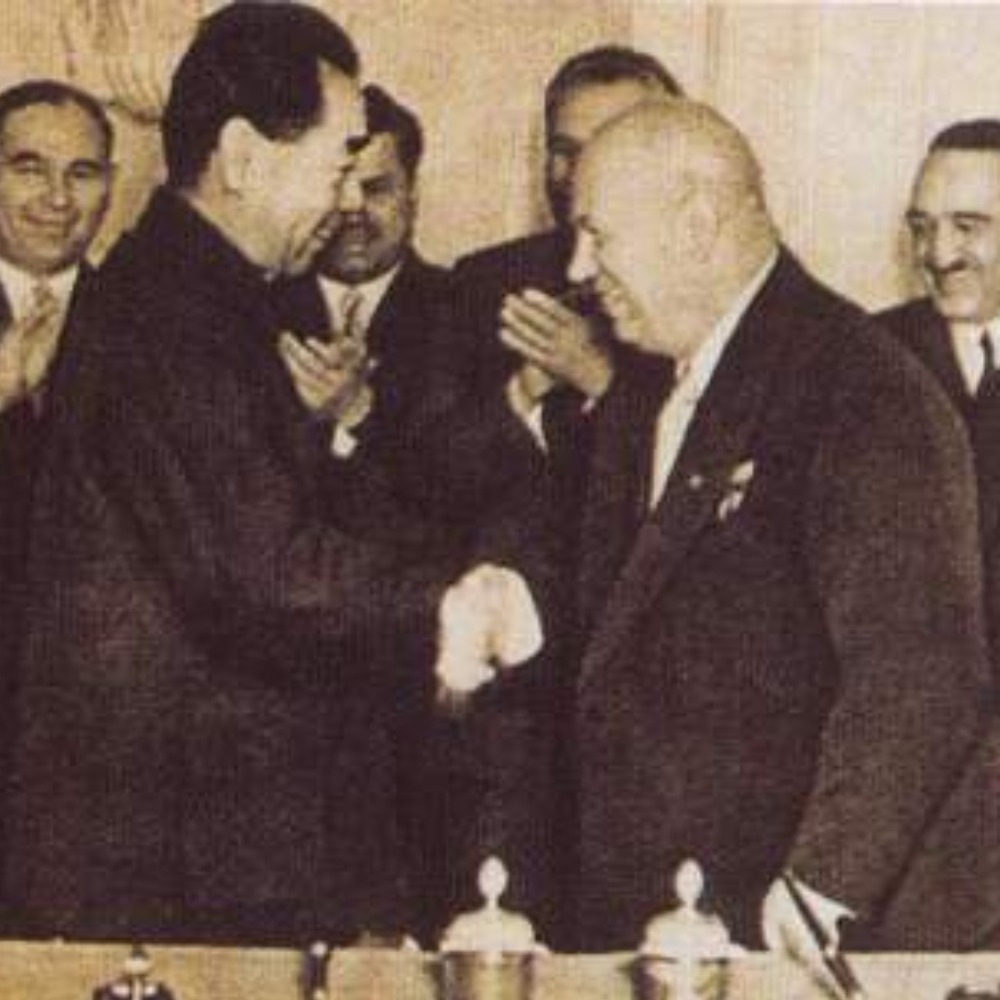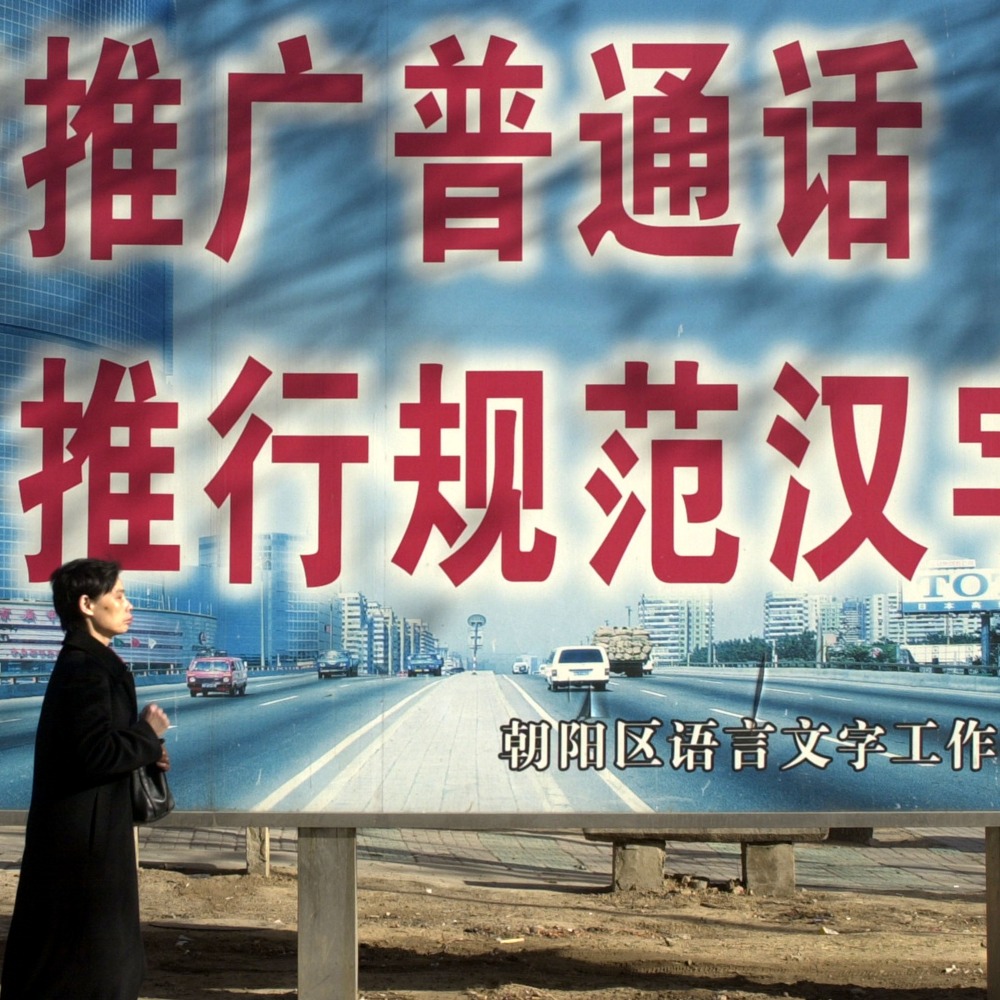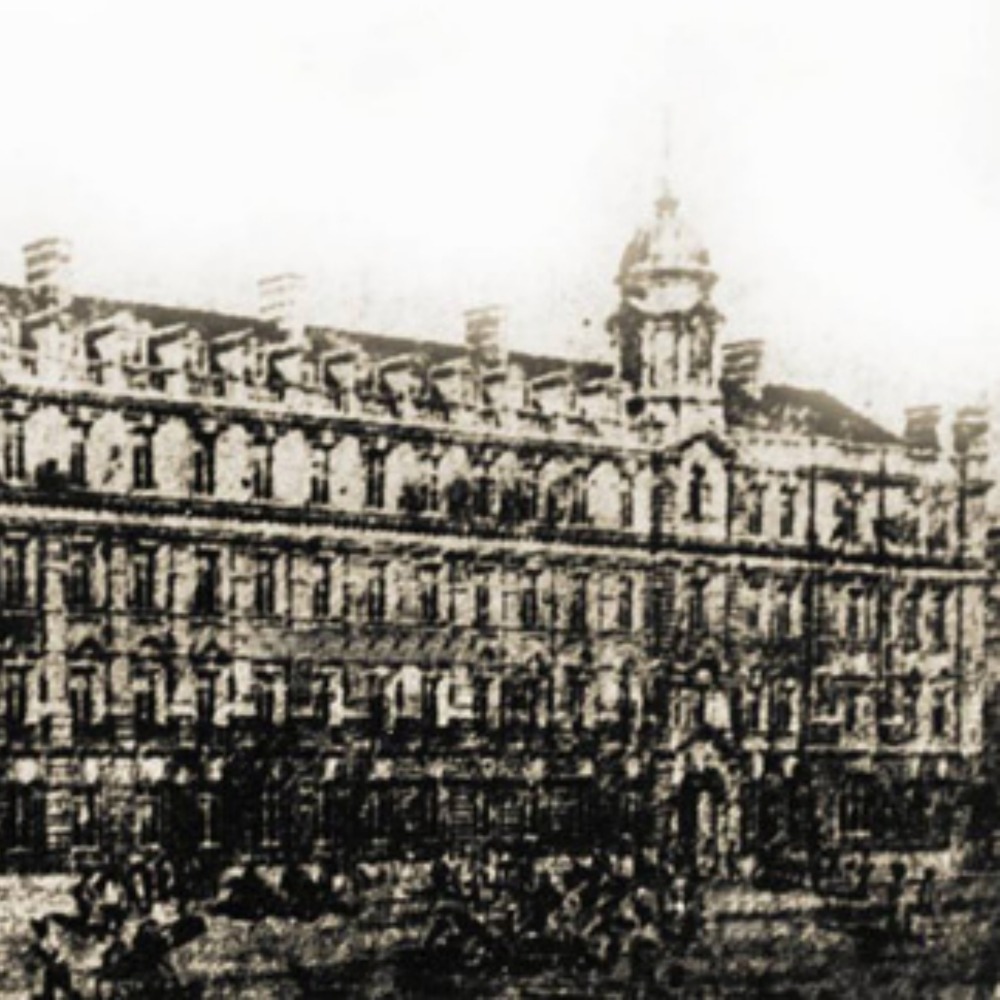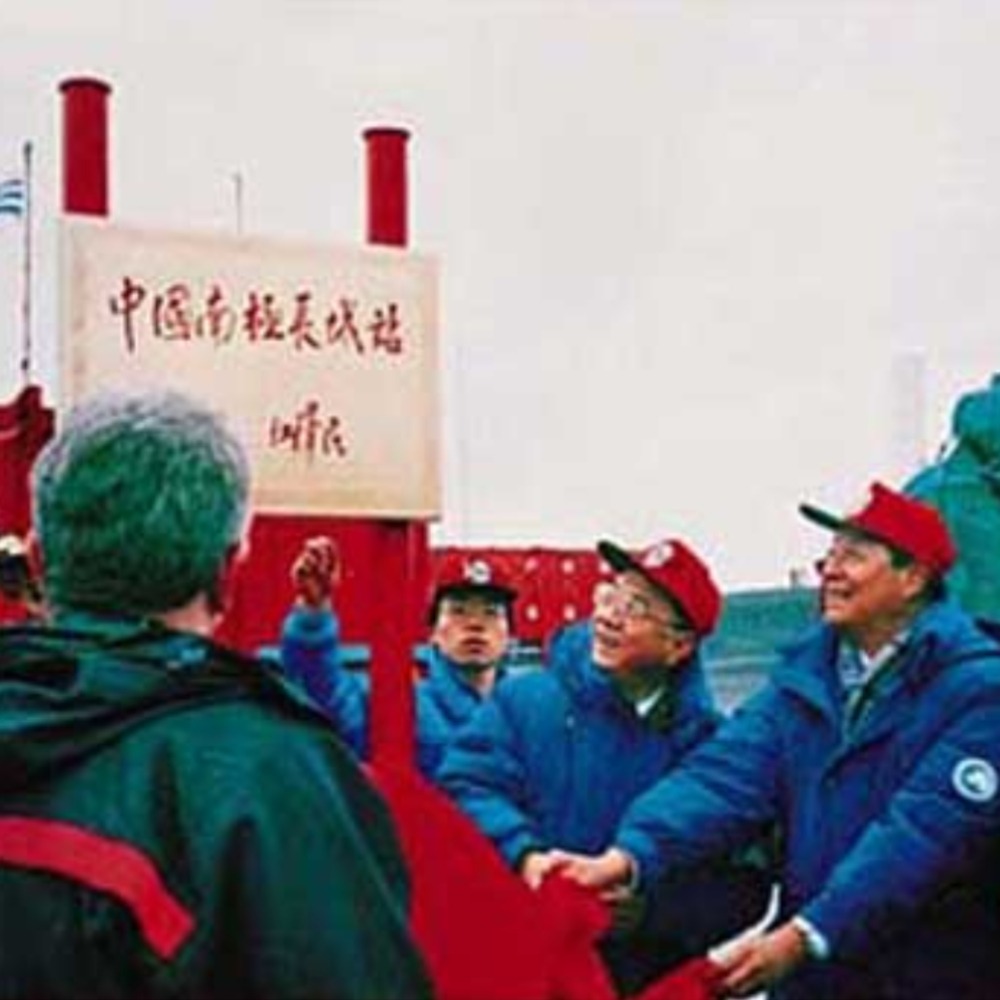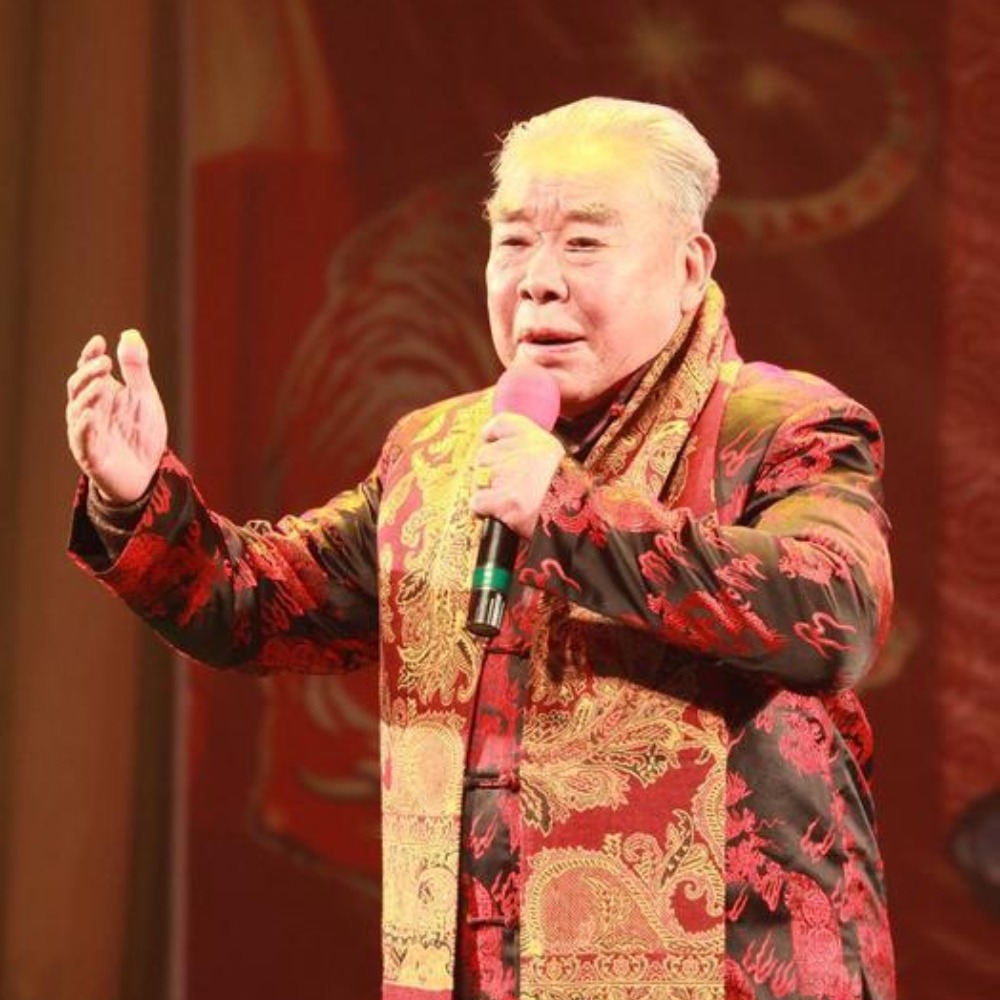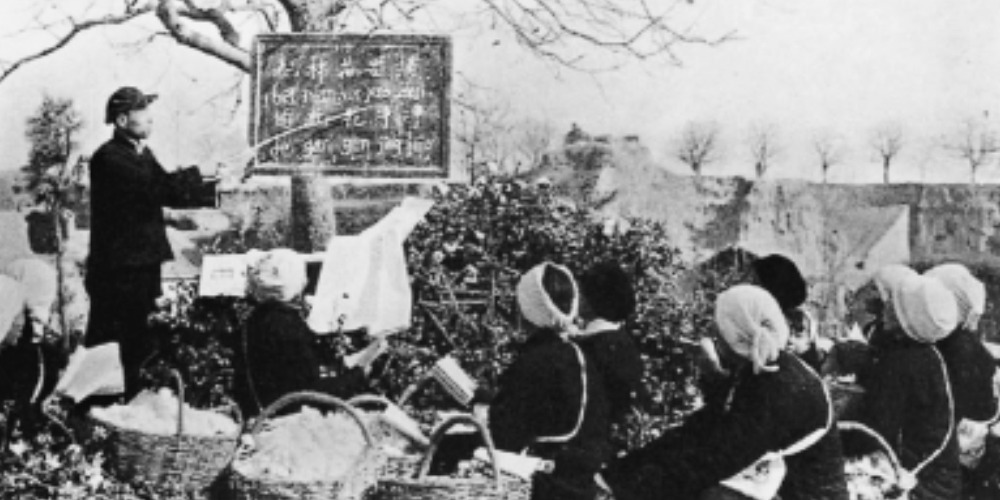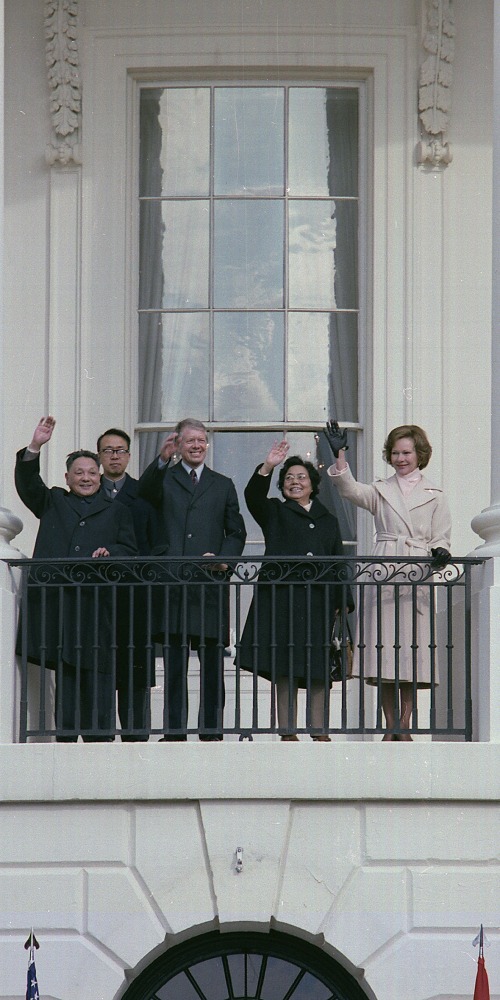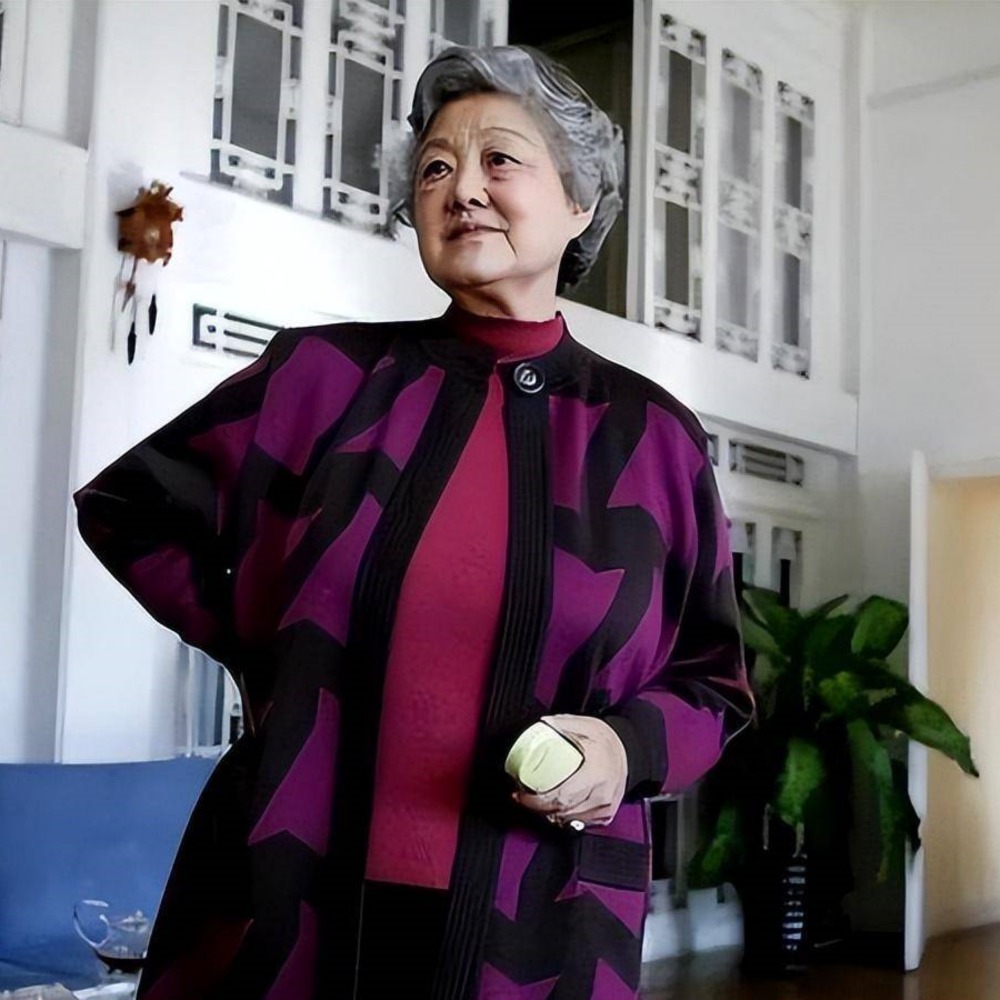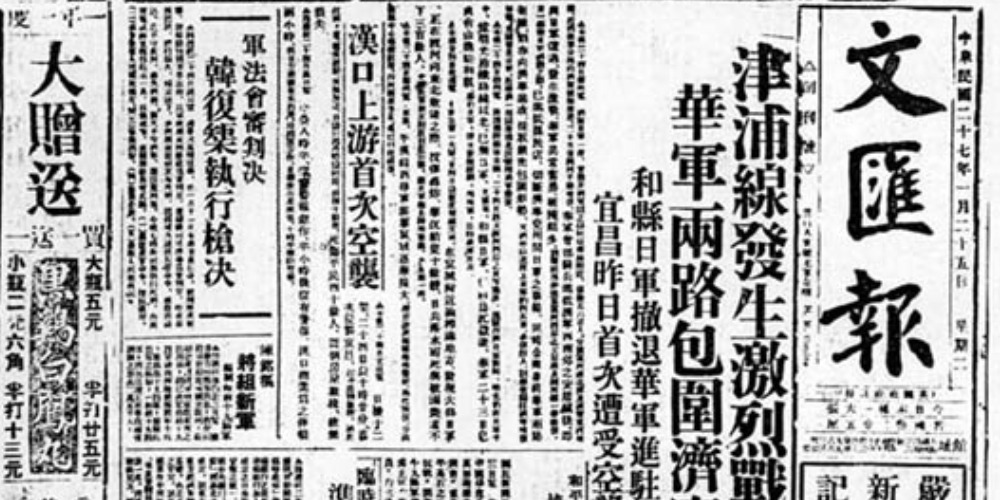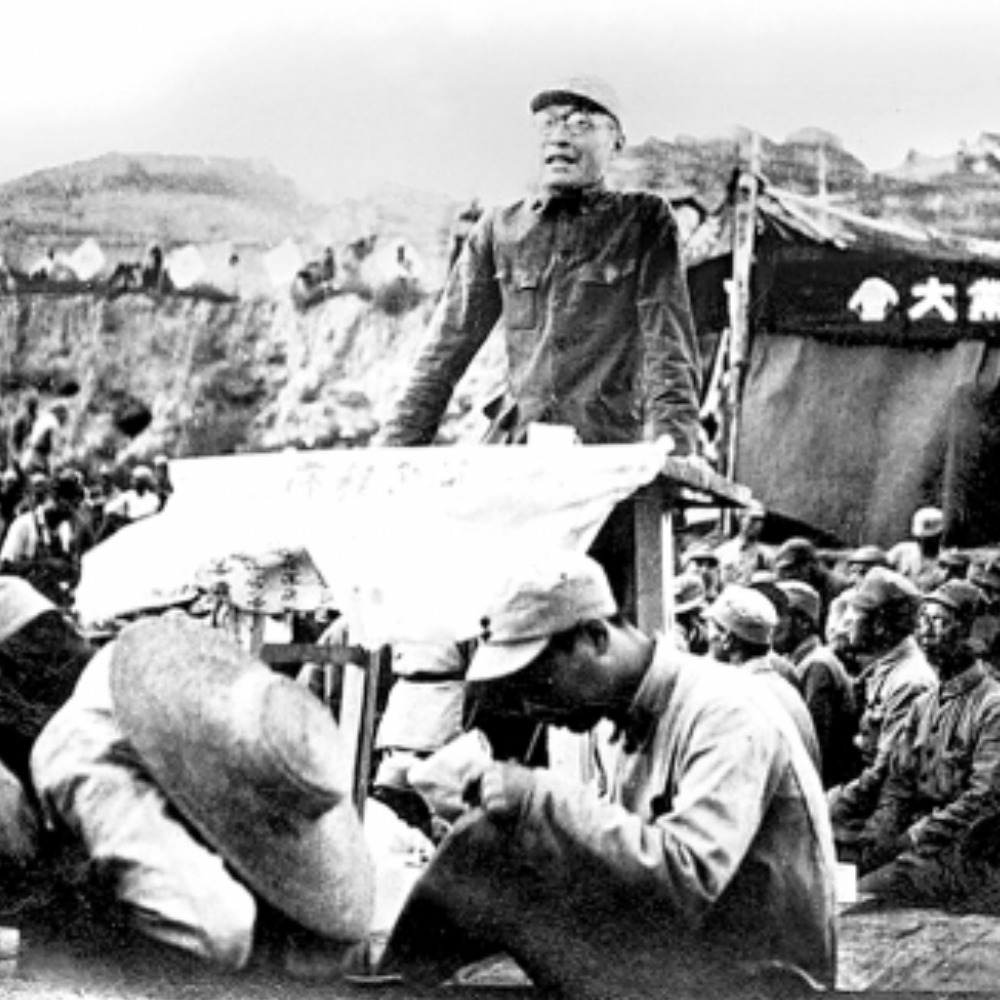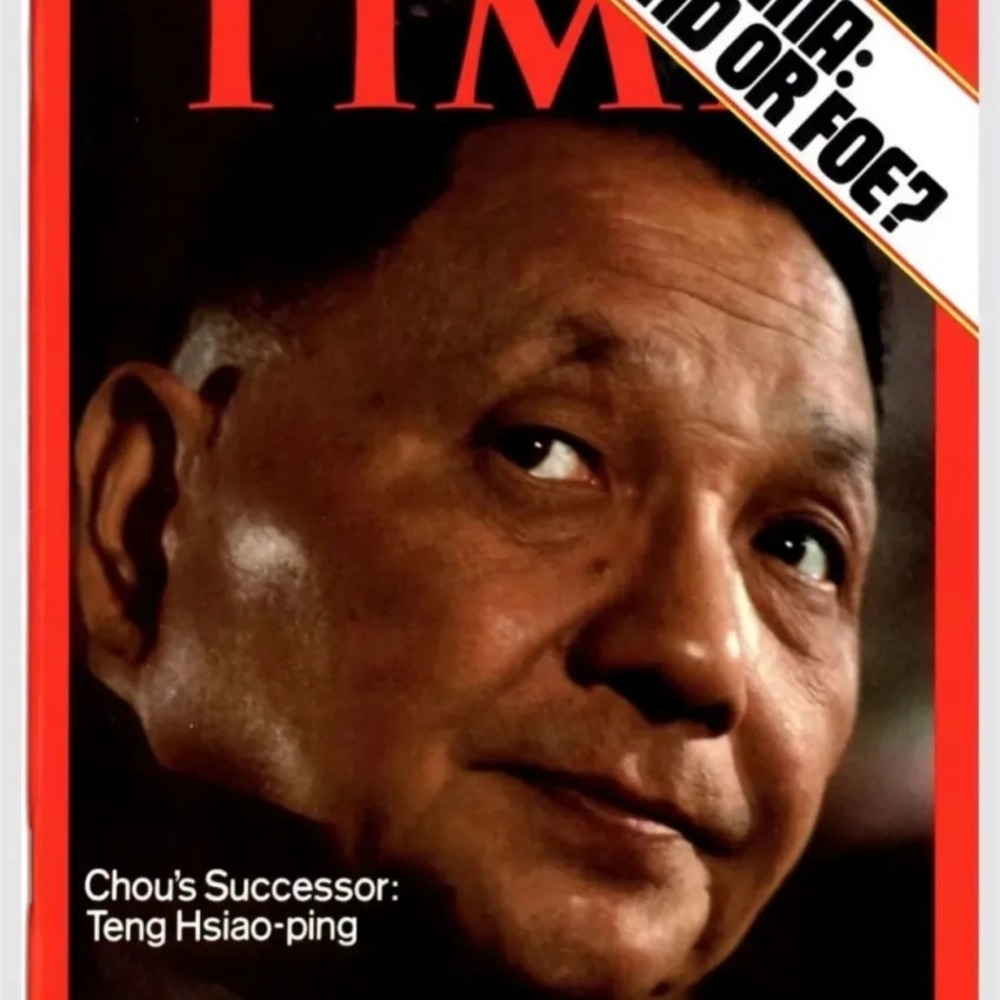Published : 2024-06-12
On June 12, 1978, Guo Moruo (郭沫若), a renowned modern Chinese writer, poet, playwright, historian, palaeographer, archaeologist, and social activist, passed away in Beijing at the age of 86.
Born in Leshan of Sichuan, Guo had experienced many important historical periods, including the end of the Qing Dynasty, the Beiyang government, the Nationalist government, and the People's Republic of China.
He joined the Chinese Communist Party in 1927 and successively held the positions of Deputy Premier of the State Council and Director of the Cultural and Educational Committee, President of the Chinese Academy of Sciences (CAS), Director of the Department of Philosophy and Social Sciences at CAS, Principal of the University of Science and Technology of China, the First to Third President of the China Federation of Literary and Art Circles (CFLAC), and the First to Fifth Deputy Chairman of NPC Standing Committee.
Guo Moruo has a rich collection of works, including historical dramas, essays, and a large number of poems such as "Goddess (女神)," "Qu Yuan (屈原)," "Tiger Talisman (虎符)," "Cai Wenji (蔡文姬)," "Flowers of Hawthorn (棠棣之花)," "300th Anniversary of the Year of Jiashen (甲申三百年祭)," "Bronze Age (青銅時代)," "Ten Criticisms (十批判書)," and "Slave Age (奴隸制時代)."
He was also the chief editor for the "Zhongguo Shigao (中國史稿)" which means draft of Chinese history, and "Jiaguwen Heji (甲骨文合集)" which was a collection of Chinese oracle-bone inscriptions.
